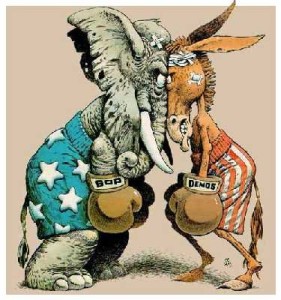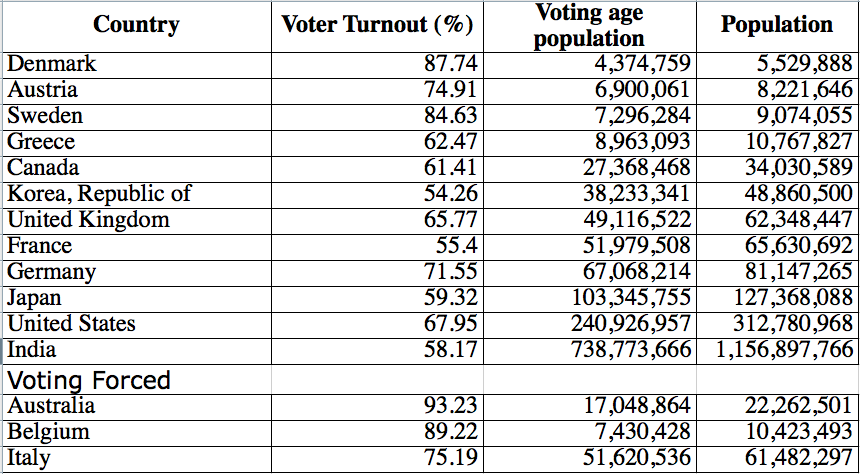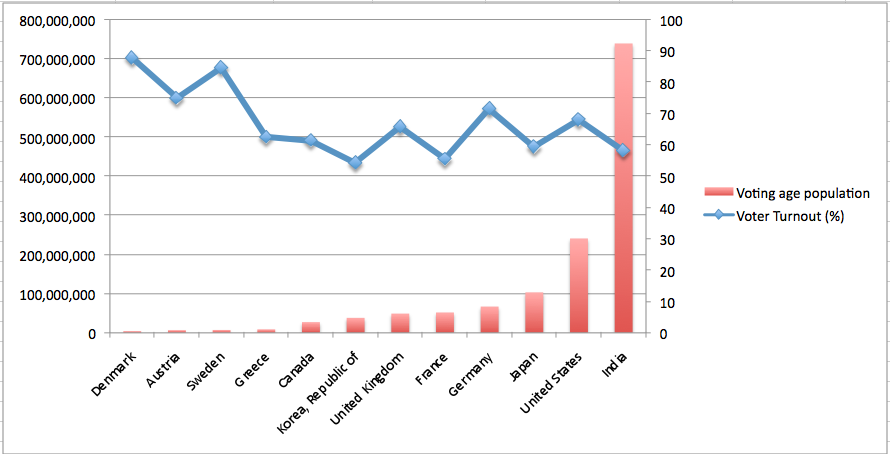The quantification of a phenomenon/idea/issue invokes the inner nature of a scientist, math nerd, and analysis junkie, that both of us quite evidently are. But, there are limitations even for the best of things in the world (except for the raps getting W’s – can never get enough of that! #WeTheNorth). When we try and quantify a concept like privacy, instead of creating a potent signal, we end up with more noise. The reason for this is the lack of grey area that gets considered when we translate an interconnected, complex, evolving issue into a number. Yes, these data points may be used in the discussion as a loose feeler for the current state of the given issue, but I don’t think it’s effective beyond that.
Other than trying to strut my natural fanciness, I bolded effective for a reason. I spoke earlier about slippery slopes and their relationship with issues laced with rapid changes and unpredictable futures. What I meant to highlight here is the question of the effectiveness of using slippery slopes as an argumentative tool in order to make a decision on a policy issue. Earlier, I stated that discussing the end of the slippery ride (for example, in the privacy and drone issue, murderous drones raging rampage over our world), is indeed an effective tool to help us underreact in the future by overreacting now. And as you highlighted, the drone in this case, would symbolize a “dead canary” and not a “red-herring”. However, this effectiveness isn’t always the case. The factors governing its utility were brought up in a discussion with the God of Never From Concentrate. I’m fairly agnostic on the whole God thing, but here we must refer to our boy, Mr. Aakash Sahney, as the God of NFC, because if it wasn’t for him, we would’ve never met and NFC would’ve never been born!
So what are these factors that determine the effectiveness of using a slippery slope argument in policy decision making? Or in terms relating directly to our conversation, when is bringing up drones in a discussion about policy a “red-herring” and when is it a “dead-canary”?
One issue with slippery slopes is that we don’t often know where we are on the slope. The end of the slippery slope in the argument against slavery was “maybe we’ll have a black president one day” and that is now, as we reflect on it, the view after a majestic “mountaineering expedition”. The main point in this case is to consider whether we are considering the end of the climb or the fall at the end of the slope, when using this argumentative tool in practice.
The second more pressing issue with slippery slopes is that our legal system has a natural balancing system ingrained within it. When public opinion does a slow 180 on an issue, for example instituting prohibition in the early 20th century, the law was adapted to this change. When we realized that it was a failed policy, and public opinion completed the rest of the pi revolution back to its original state, we changed the laws accordingly. So being experimental with new and/or radical ideas can be highly useful without considering the end of the slope, as we can rely on this natural balancing nature of our legal system. The obvious flaw in this argument is when a marginal dip down a slope has irreversible damage. For example, we take less risks on policy changes that pose potential death risks. This riskiness typically gets brought up in discussion when we’re dealing with infringements on basic fundamental rights — we can use the set of issues outlined in the Canadian Charter of Rights and Freedoms as our set of essential rights. When the consequences related to the change in policy on an issue results on an infringement on one of these rights, we move the cost-benefit analysis from a utilitarian discussion to one that’s more categorical in nature. A stark example of this is our policies on animal testing are discussed from a much more utilitarian viewpoint than any issue related to a potential human death, like euthanasia (not youth in asia to be clear). To further narrow my thesis I mentioned in my last post, slippery slope arguments are effective tools in discussions on policy changes, only if the consequences of the policy change result in either a direct infringement on our essential rights, or a reasonable path can be drawn to reach an infringement on these rights.
The question of whether drones fall under this or not, we shall leave up to the discussion on our podcast next week!



